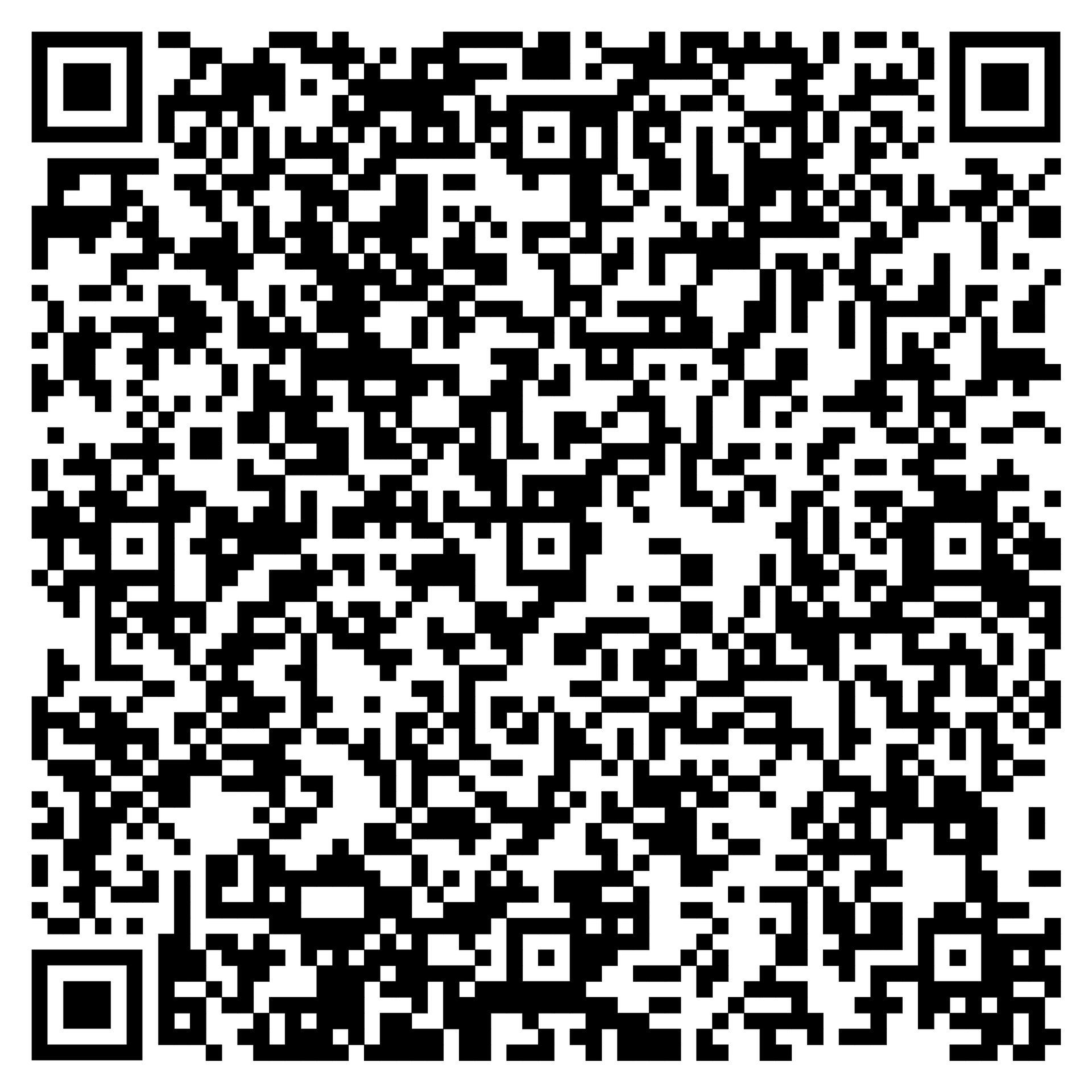"Error Management Part 4 - in the absence of knowledge

“The one who makes falsities is never wrong”
In Part 4 I´d like to dive into my differentiation between error and error. Not everything that is predominantly defined in these days as an error is in fact an error.
This differentiation helps the error management in organizations and allows leaders to focus on improvement to create customer value rather than sanctioning and blaming. It also creates a psychological environment for the teams to make decisions and hence improve organizational efficiency and thereby creating customer value.
Let's get started
Do you remember my flight in November the year I nearly flew my student and I to our deaths?
link to Article Part 3
In the preparation and execution of that flight we made several decisions. Some were adequate, some were not. Some led to error and some just to miscomprehension.
Was it a mistake to make this flight that evening?
No! Yes? Why?
I have observed that there is a growing tendency to label anything that does not happen as intended or predicted as a failure, a mistake, an error. We are still trying to predict any changes, changes in the market, with the customer, in our lives, i.e. we try to make them plannable. This inevitably exposes every decision to an increased risk of conviction. If I decide something and the predicted effect/consequence does not occur, then the decision is perceived and assessed as a mistake. Why? Because the intended effect was not achieved and logically the decision must have been the wrong one. Otherwise the desired effect would have been achieved or the planned consequences would have occurred. Right?
In that sense, the decision to make the flight was a mistake.
But what are errors and what conditions must be in place for errors to be possible at all?
At this point, a small but important distinction. Not everything that does not achieve the desired effect or the desired goal is a mistake. Sometimes it's a fallacy. Seems an miniscule difference but it makes accepting and dealing with consequences of decision making easier and more constructive than to subsume everything under error.
Decisions are only necessary where several options are available and one cannot know exactly which is the best option or which option has the best effect for them. So I don't have full knowledge -> absence of full knowledge. Only then do I have to decide on one of the options at all. If I knew exactly which of the available options would achieve the desired effect, a decision would not be necessary and would be obsolete. Because then I would know, it goes like this and only like that.
In most cases, especially in highly dynamic contexts/environments, this complete knowledge is not available because high dynamic prevents predictability. This means that two or more options are available and a decision must be made.
Therefore, laws, processes and regulations do not create space for decision making. These allow only the option described in the law, process or regulation.
The StVO -German road traffic act - stipulates a maximum speed of 50 km/h in built-up areas. Objectively speaking, there is nothing to decide. Of course I can ignore it and drive 100 km/h. But then I made a mistake, an error, which in case of doubt leads to fatal consequences and will certainly be sanctioned.
However, if I want to get from A to B, there is an option to drive through the city or take the bypass road. The law allows both options and therefore the situation is not free for the need of decision making. I need to make a decision to increase the likelihood of achieving my goal -> arrive at B. If I now choose the route through the city and then drive halfway into the full closure, then I miscomprehended, but I didn't make a mistake. Even if it feels like it at the moment.
So back to my example from Part 3. Was it a mistake to go flying?
No it was not!
Why?
Because all the knowledge was there that could have been there . There was nothing more to know. -> absence of complete knowledge. Because there were more than one option but none was imposing itself. We decided to go flying. We made a decision based on our knowledge at that time. Nobody could have known before the flight that the weather would deteriorate so dramatically towards the end of our flight -> absence of complete knowledge. No law, no procedure, no regulation had deprived us of the space of choice, leaving only one option -> not decision free. Ergo, a decision had to and could be made and thus all the conditions were met not to make a mistake. At least not in this decision. It could, however, lead to a fallacy.
It would have been different if, for example, the weather conditions had been so bad that they were below our stipulated weather minimums, or if the forecast had shown such a deterioration. Nothing would have had to be decided here -> free of decision, because the decision has already been made by the specifications of the regulation. If I had still gone flying with my student, the conditions would have been met and I would have made the first mistake of this flight.
Did the weather forecaster make a mistake that evening in giving us this weather forecast that didn't predict such a deterioration in conditions?
No! Because the existing knowledge/data about the development of the weather situation was as it was. The weather consultant made the decision for this weather consultation on the basis of the existing knowledge. So it wasn't a mistake, it was a fallacy.
Errors, decisions and risk-taking are directly linked.
Taking the example from Part 2
I made the "decision" to pull into the loop from inverted flight. Was that a mistake?
Well, considering the potential consequence, which only luck averted, one would have to say yes. But let's look at this example in the light of what was defined above.
Was it a choice of options in the absence of full knowledge?
Yes! I could have flown the maneuver like that or not. Was there a need for a decision? Was complete knowledge absent?
No!
Why?
Because in this situation, on that day, at this stage of my training, I already knew that "doing" a loop from inverted flight WITHOUT reducing engine power must lead to increased centrifugal force. The procedure explicitly describes a maneuver like this one -> presence of complete knowledge. And I also had the knowledge that rapid application of centrifugal forces requires the use of physical countermeasures.
The knowledge about aerodynamics, physical stress caused by high centrifugal forces and the associated effects was available. I had that knowledge. I also had the knowledge of what could be done to avoid blacking out on this maneuver. From that point of view it was decision-free and I made a mistake. That means I made a mistake. The only option was not to fly the maneuver in this form. It was indecisive. I acted out of recklessness, cockiness or stupidity and committed an almost fatal mistake.
Side note
Acts of recklessness or high spirits mostly lead to mistakes. They do not always lead to dramatic consequences, just as not every mistake leads to dramatic consequences. Certainly the context of aviation is one with a high potential for dramatic consequences, and yet mistakes happen here too. Nothing and nobody is infallible.
We summarize
Decisions are only necessary in the absence of complete knowledge- When decisions have to be made the potential for errors is negated
- Decisions can lead to unforeseeable developments, then there is an fallacy, but not a mistake
- In highly dynamic contexts/ environments, fallacy in decision-making is an unchangeable and acceptable condition, since the development of the future is not foreseeable
- The higher the dynamics of the context the greater the need for real decisions
- Mistakes can only be made if no decisions have to be made
To be continued in
Part 5 - The final cut
.



